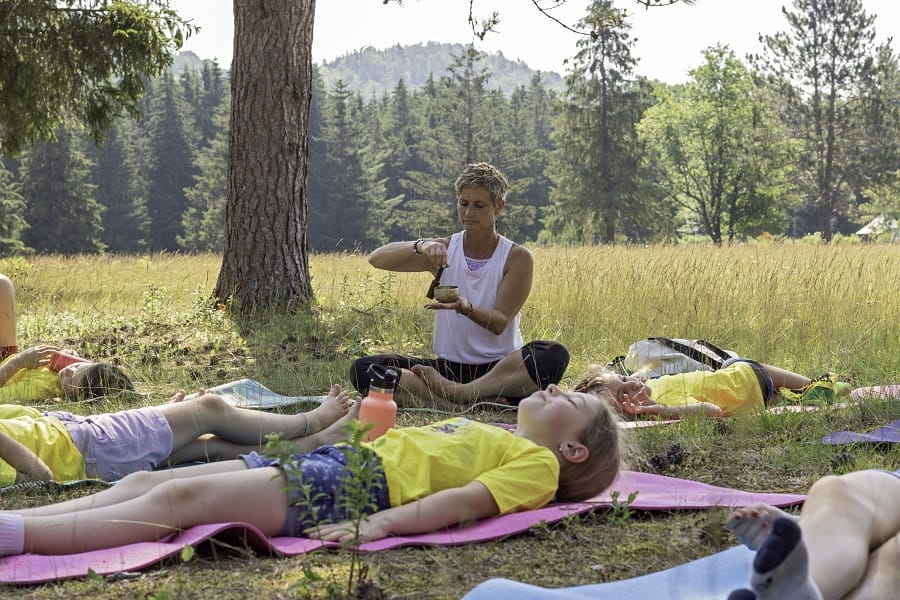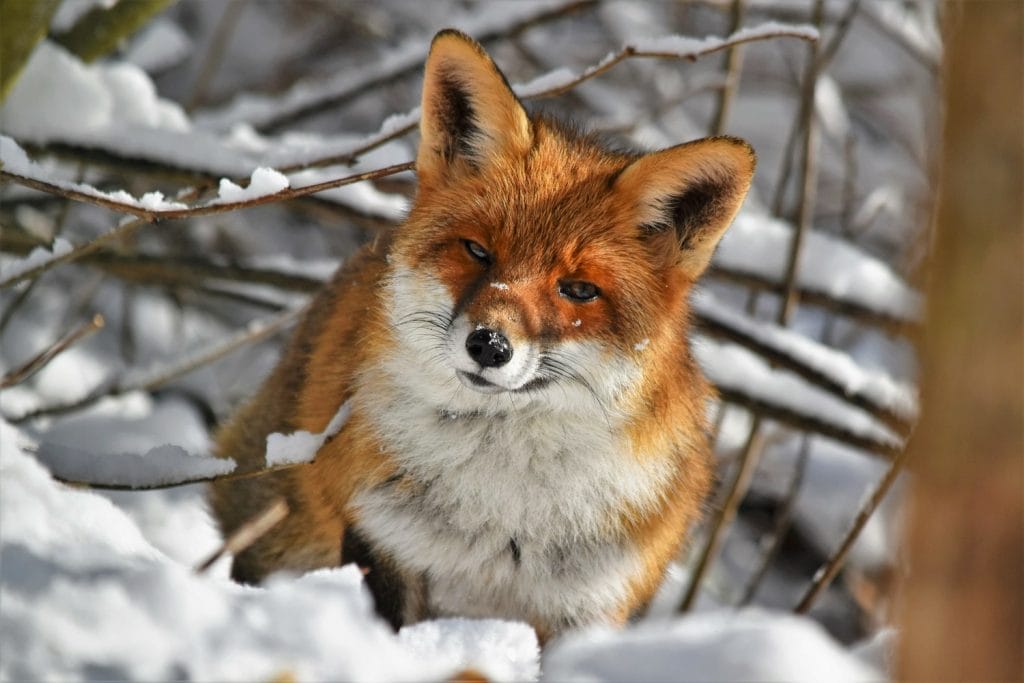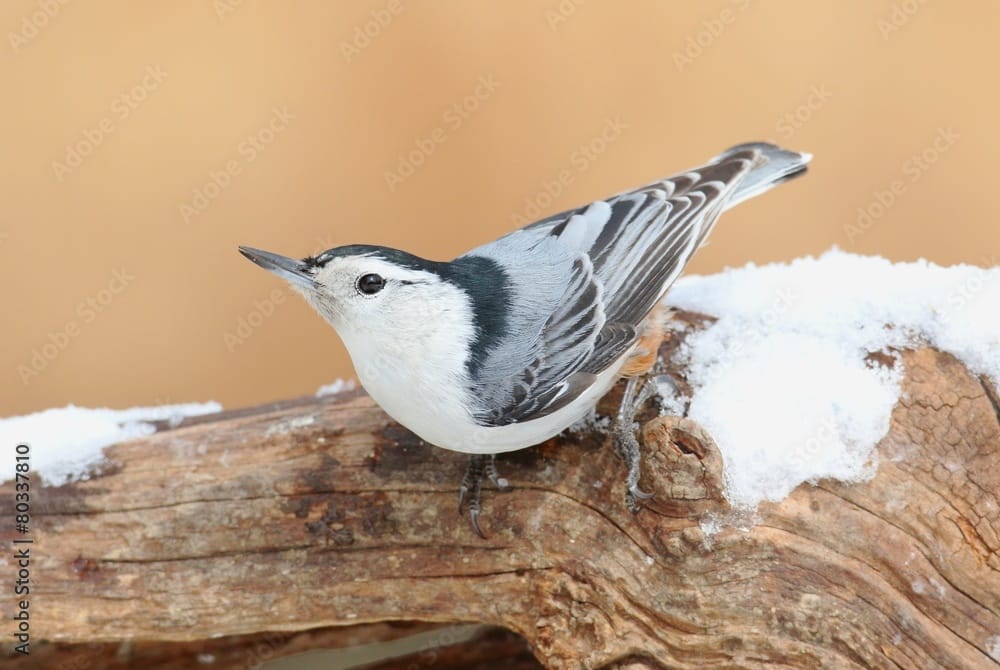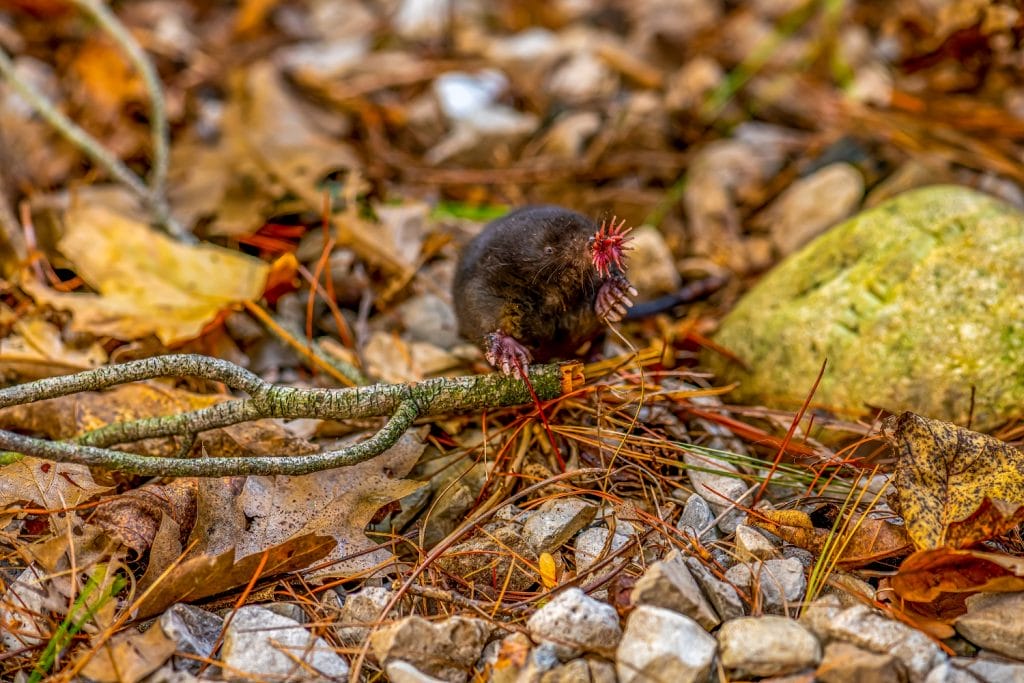Do we have to eliminate the mosquitoes?
Summer’s arrival coincides with the emergence of mosquitoes. These biting insects annoy outdoors enthusiasts, forest workers, and animals both domestic and wild, and sometimes transmit dreadful diseases. However, should we eliminate them at any cost?
Controlling mosquitoes can improve our quality of life and prevent health risks, but it’s important to bear in mind their essential ecological role. The eggs, larvae and adult mosquitoes feed a wide array of predators (insects, spiders, fish, amphibians, birds and mammals) which contribute to the quality of the environment.
Through their filtering action, mosquito larvae even participate in cleaning up pools of stagnant water. Biological insecticides like BTI eliminate mosquito larvae, but also kill useful insects such as chironomids (non-biting midges), thus reducing the quantity of food available and the populations of all the creatures which use them as food.
The municipalities which want to attack mosquitoes should first concentrate their efforts on making people aware of preventive practices, most notably the elimination of stagnant water around residences. Poorly drained eaves troughs, old tires, discarded containers, flower pot saucers, rainwater barrels, puddles, birdbaths and garden pools are some of the places likely to harbour mosquito larvae.
The mosquito evolves in a radius of about 200 m from where it emerged. The one that bites you probably hatched very close by. Features favourable to mosquitoes’ natural predators can also contribute to their control, whether nesting boxes for swallows and chickadees or shelters for bats. Dragonflies, spiders, toads and frogs are also natural allies which deserve our respect.
Remember, too, that we can take preventive action against mosquito bites by wearing loose, light-coloured clothing with long sleeves, by using mosquito repellant, by having screens on the windows and by repairing torn screens. There are also mosquito traps that have proven effective.
Mosquitoes enrich natural ecosystems, and there are simple measures which can reduce the annoyance they cause us without having to turn to the systematic spraying of insecticides, a high-cost intervention in both economic and environmental terms. The arthropod section of Animalium, Mont-Tremblant’s zoological museum, provides a glimpse of the ecological role of these creatures. animalium.ca
More from this author by clicking on his photo below.


Jacques Prescott131 Posts
Jacques Prescott est biologiste, professeur associé à la Chaire en éco-conseil de l’Université du Québec à Chicoutimi. Spécialiste de la biodiversité et du développement durable, il est l’auteur de nombreux livres et articles sur la faune et la conservation de la nature. Il nous fait l’honneur de rejoindre notre équipe de collaborateurs et signera chaque mois une chronique intitulée Faune et flore. / Jacques Prescott is a biologist, associate professor with the Chair in Eco-Counselling of the Université du Québec à Chicoutimi. A specialist in biodiversity and sustainable development, he is the author of numerous books and articles about wildlife and nature conservation. He has honoured us by joining our team of contributors and will write a monthly column entitled Wildlife and Habitat.









0 Comments